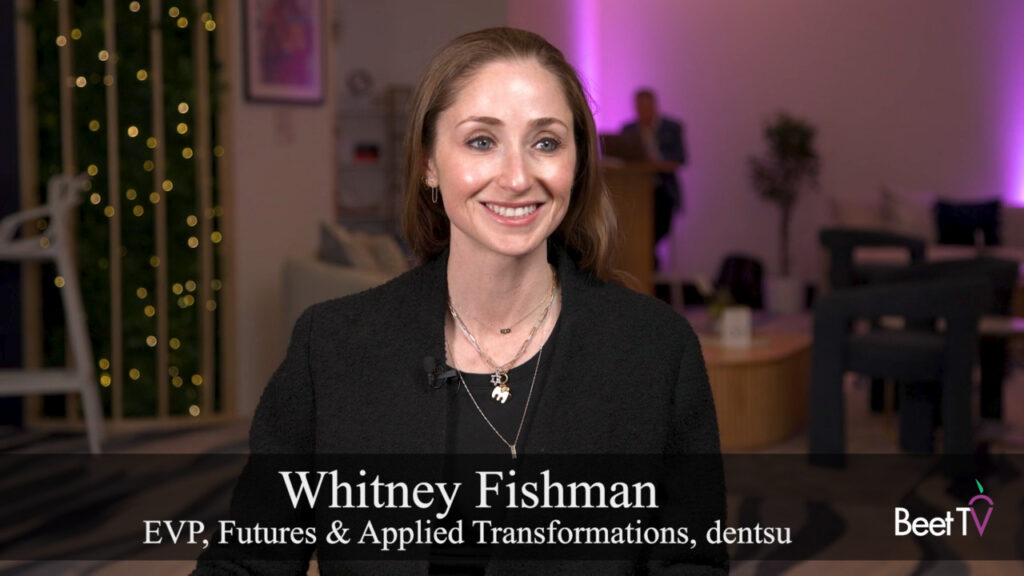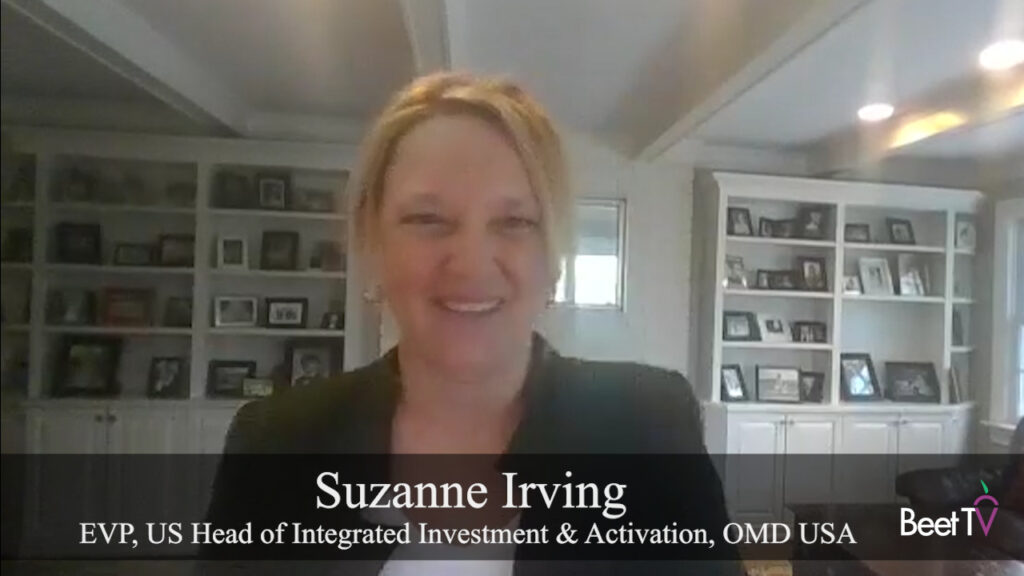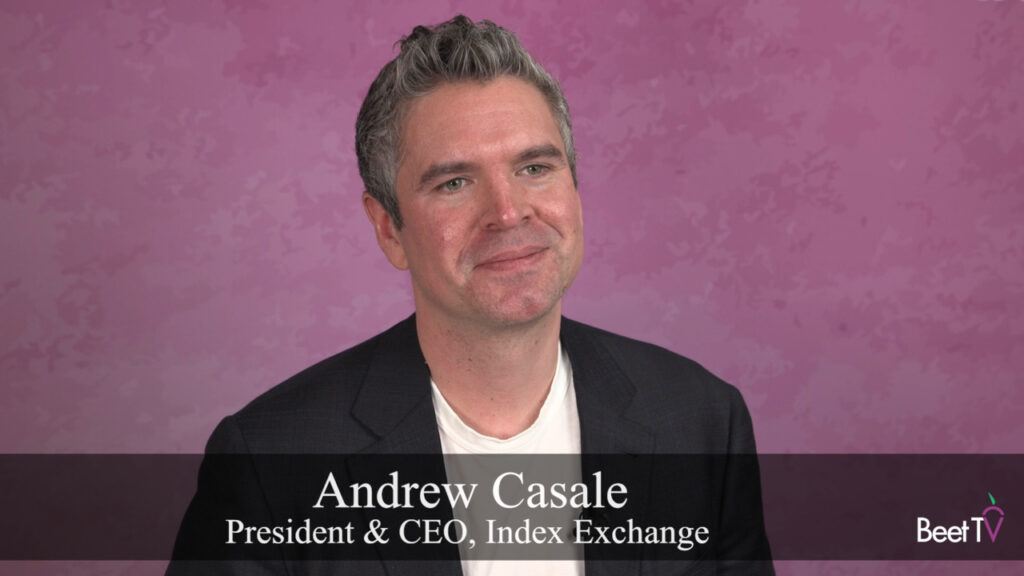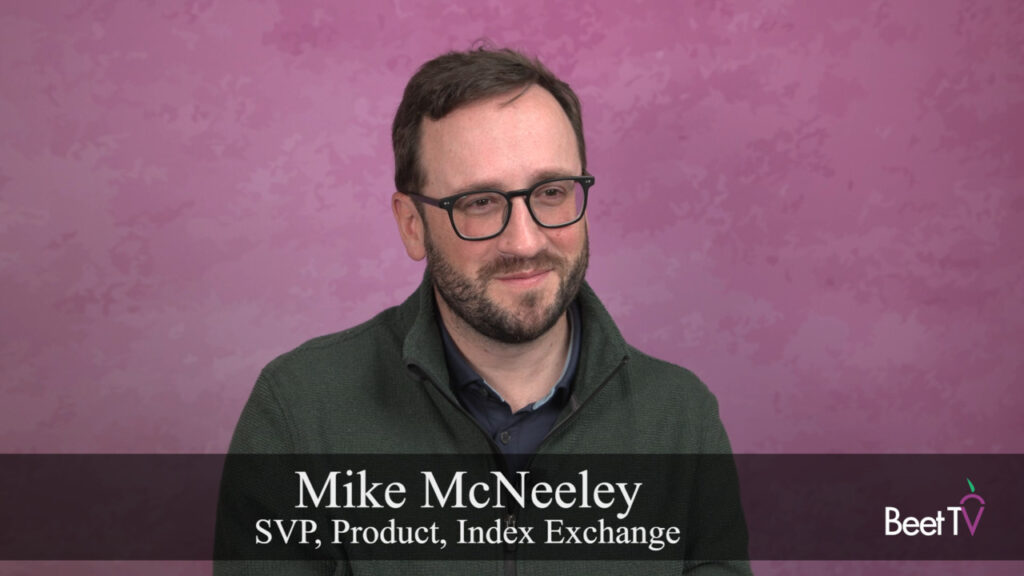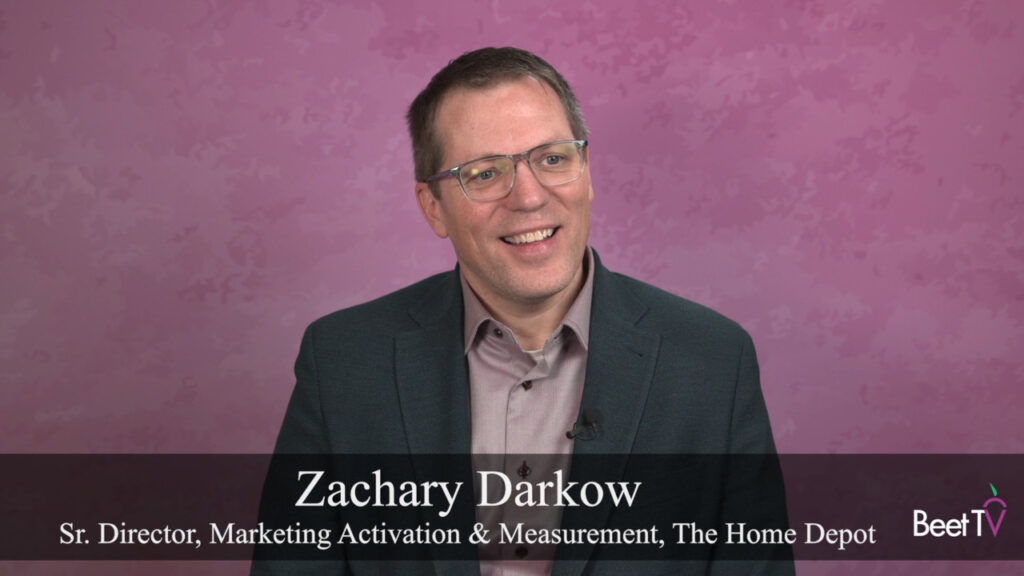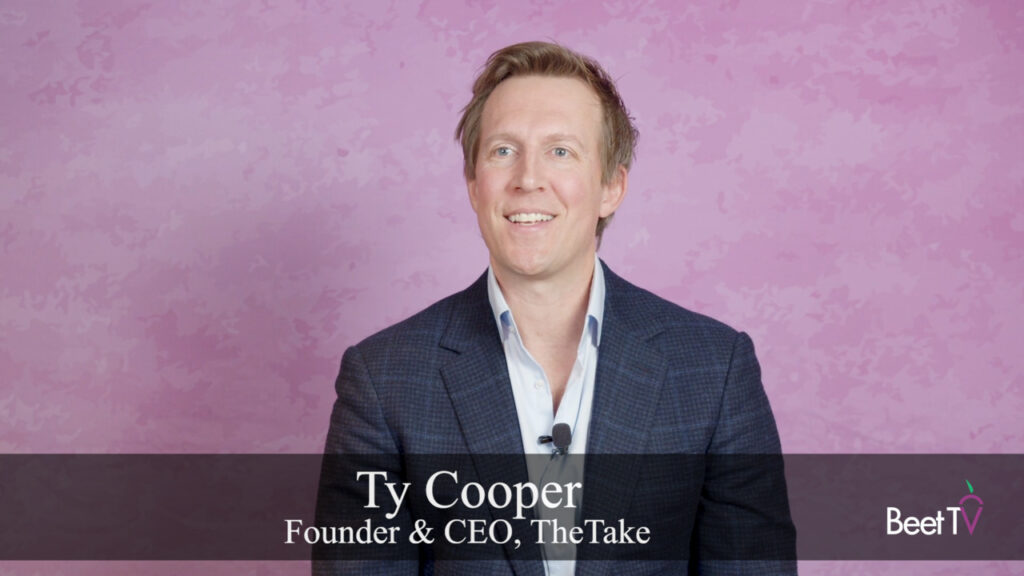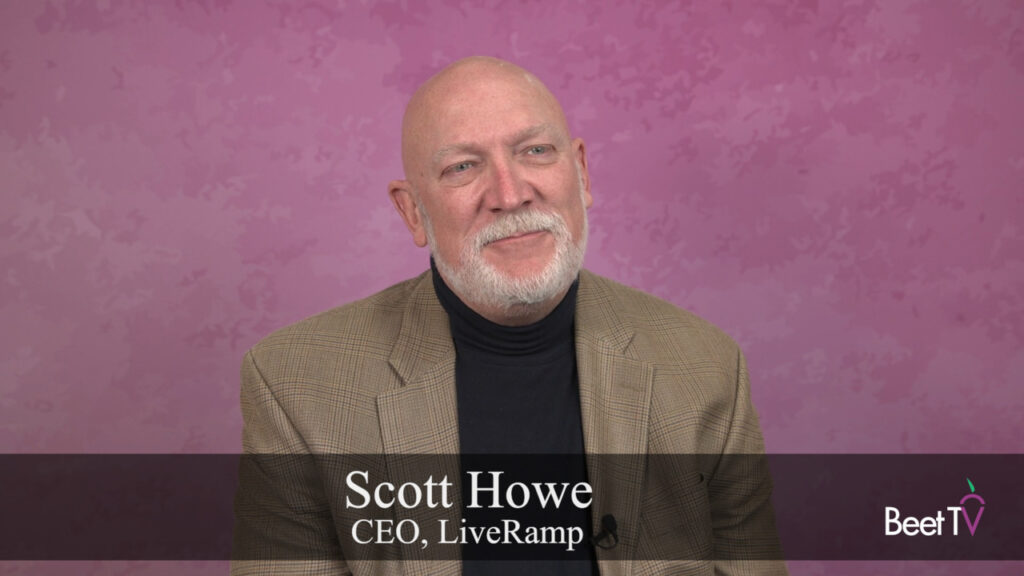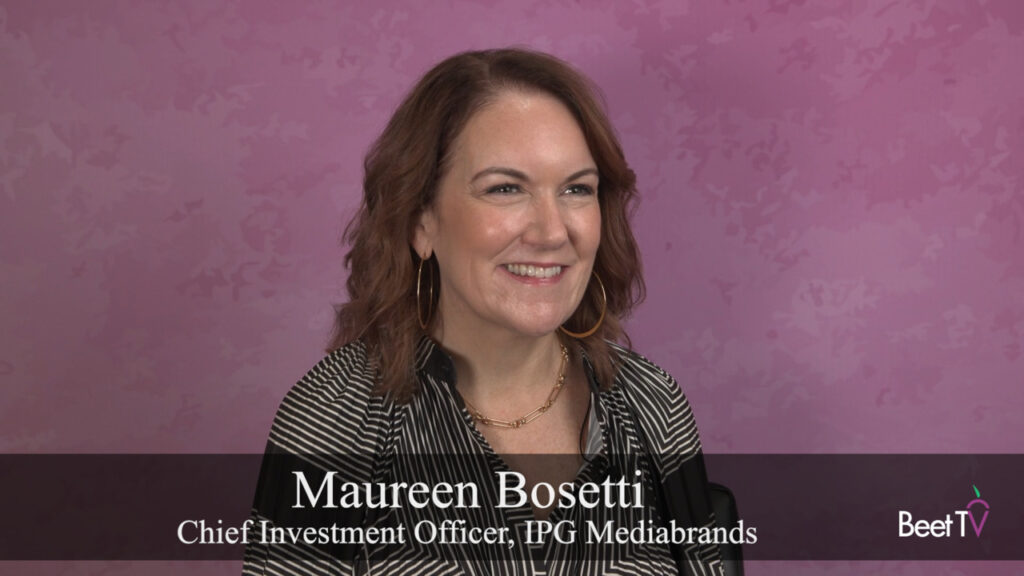Thomson Reuters announced commercial options for its sophisticated metadata generation service Open Calais at the EmTech08 conference last week. Andy interviewed Tom Tague, Vice President of Solutions for Thomson Reuters, about the service and its implications for the semantic web.
Both commercial and non-commercial publishers will be able to continue using the service for free up to 40,000 times a day, "which is a lot of documents," Tague says. Customers that want contractual service and 24/7 surveillance can now purchase one of its professional services for a couple of thousand dollars a month.
Open Calais automatically creates metadata for people, places, organizations, and other items within content, improves tagging, and incorporates pictures. Tague it offers the service for free because it wants its natural language processing technology to be the best in the world, and one of the best ways to achieve that is to expose it to thousands of users and hyper-evolve it, Tague says.
It’s also a move that will help Thomson Reuters stay relevant in the face of the exploding volume of user-generated content on the web. "[T]he first step toward being relevant to that and maintaining our relevancy in the marketplace for our core consumers, financial professionals, is to make that content interoperable, to let you use the web’s content but let you bounce it against Thomson Reuters content to double check it, to get value, to validate it," he says. "You don’t make $20 million hedge fund bets on the basis of a Twitter stream."
Paul Miller reported on the new commercial offerings of Open Calais at ZDNet.
—Kelsey Blodget, Associate Producer






